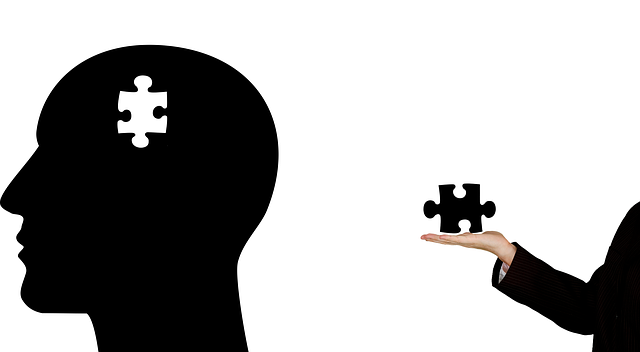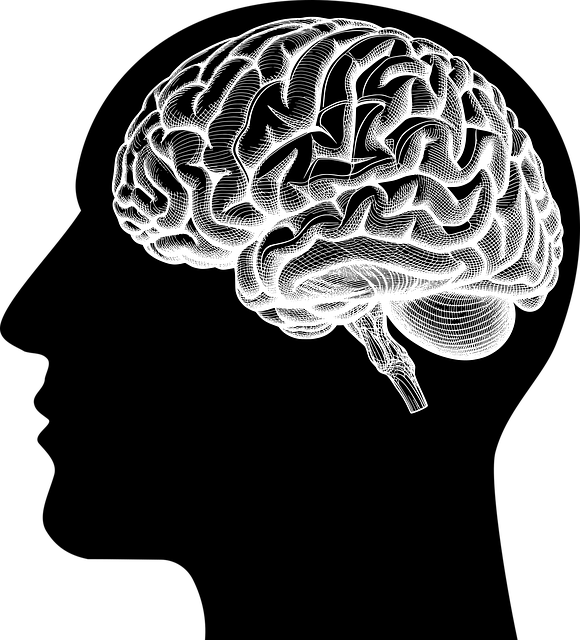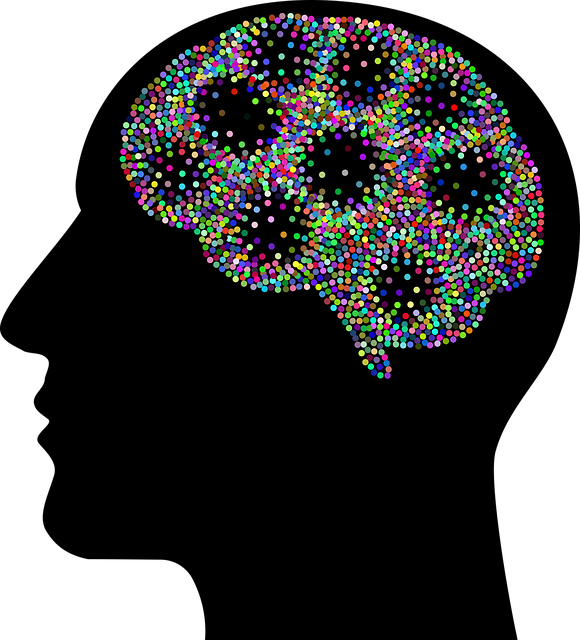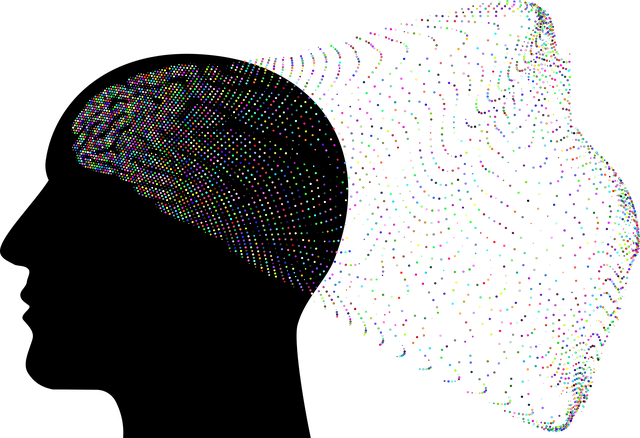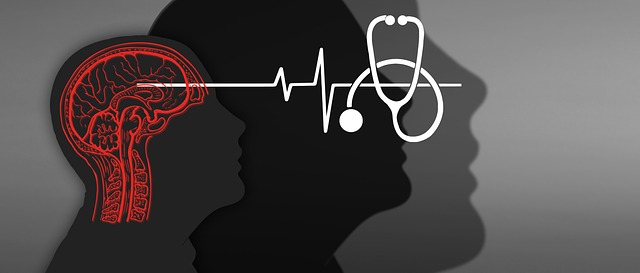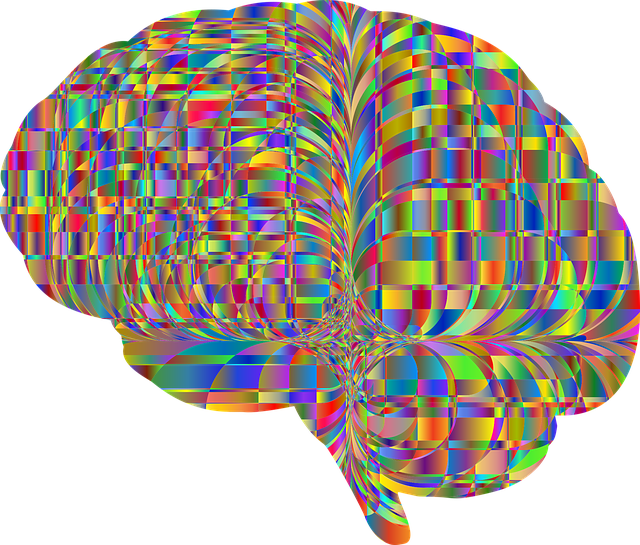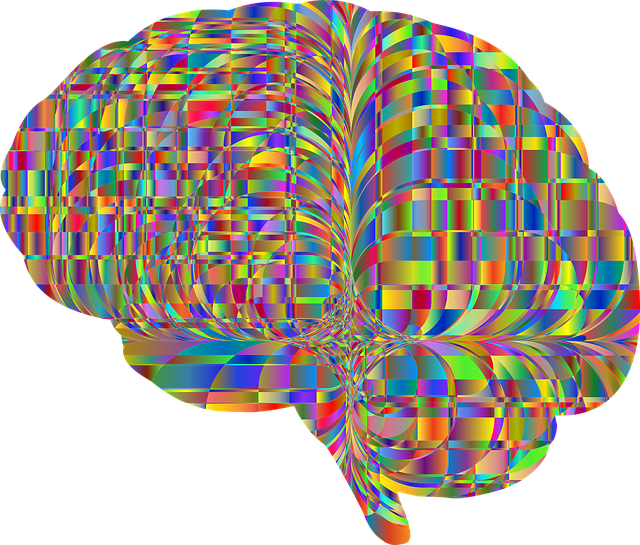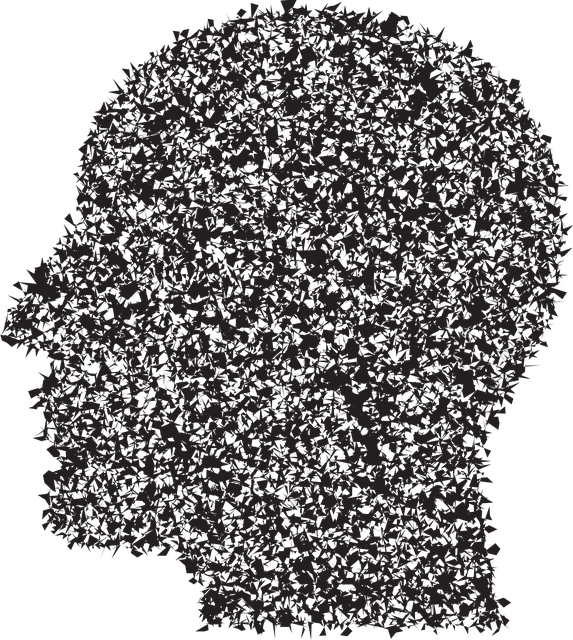Golden Men's Issues Therapy (GMIT) professional groups create supportive communities for men with diverse mental health concerns, fostering healing through open dialogue, self-awareness, and peer support. Effective GMIT facilitation involves active listening, safe space creation, and inclusivity, encouraging vulnerability and reducing stigma. These groups address unique challenges like emotional expression suppression, offering interactive sessions with activities like guided meditations and exercises to build community and resilience. Facilitators play a crucial role in teaching coping mechanisms and advocating for inclusive mental wellness practices through engaging group dynamics.
Mental wellness groups offer a powerful platform for individuals to heal, connect, and grow. This article explores effective facilitation techniques tailored for these unique settings, with a specific focus on addressing Golden Mens Issues Therapy. We delve into the benefits and dynamics of mental health groups, providing insights into successful group facilitation strategies. From establishing golden rules for engagement to implementing active engagement tactics, learn how to foster a supportive environment that empowers meaningful transformation.
- Understanding Mental Wellness Groups: Benefits and Dynamics
- Golden Rules for Effective Group Facilitation
- Addressing Men's Specific Issues in a Group Setting
- Engagement Strategies: Keeping the Group Active and Supportive
Understanding Mental Wellness Groups: Benefits and Dynamics

Mental wellness groups offer a unique and powerful setting for individuals to connect and support one another through shared experiences. These groups cater to a wide range of mental health concerns, from managing stress and anxiety to coping with more complex issues like depression or trauma. By facilitating these gatherings, professionals in Golden Men’s Issues Therapy can foster an environment that promotes healing, emotional regulation, and resilience building.
One of the significant advantages is the sense of community it cultivates. Members gain access to a network of peers who understand their struggles, fostering social connections and reducing feelings of isolation. This peer support system encourages open dialogue, allowing individuals to share strategies for coping with challenges and celebrating victories. Moreover, group dynamics can enhance self-awareness and provide valuable insights into one’s mental wellness journey. Through active participation in these sessions, members may discover new perspectives on their emotional responses, leading to improved mental wellness coaching programs development.
Golden Rules for Effective Group Facilitation

Effective group facilitation is key to creating a safe and supportive space for mental wellness discussions. Here are some golden rules that every therapist or healthcare provider should keep in mind when facilitating groups, especially those focusing on men’s issues:
1. Active Listening: One of the most important skills a facilitator can possess is active listening. Pay close attention to each participant’s experiences and emotions without judgment. This encourages openness and fosters a sense of community among group members. It also helps to identify individuals who may be struggling with depression or burnout, allowing for appropriate support and referrals.
2. Create a Safe Space: Establish clear boundaries and ground rules from the outset. Ensure confidentiality and emphasize that all participants are respected and valued, regardless of their stories or struggles. This environment should encourage vulnerability and honest expression, making it easier to discuss challenging topics like stress management and self-care—essential aspects of mental wellness podcast series production.
3. Promote Inclusivity: Facilitate an atmosphere where every voice is heard and respected. Encourage active participation while also ensuring that quieter individuals have opportunities to share. This inclusivity is vital for preventing burnout among healthcare providers who may be interacting with vulnerable populations, as it promotes a sense of belonging and collective support.
Addressing Men's Specific Issues in a Group Setting

In a group setting, facilitating discussions around men’s specific issues requires a nuanced approach tailored to address unique challenges often overlooked in traditional therapy spaces. Many men struggle with emotional expression and regulation, facing societal pressures that encourage stoicism. This can make it difficult for them to open up about their feelings and seek help for mental health concerns. Group therapy offers a supportive environment where men can begin to explore these sensitive topics collectively, fostering a sense of camaraderie and reducing the stigma associated with vulnerability.
Facilitators play a crucial role in creating a safe space for emotional expression by encouraging active participation, promoting open dialogue, and teaching valuable coping mechanisms. Techniques such as mindfulness exercises, peer support networks, and group problem-solving sessions can significantly enhance mental health policy analysis and advocacy efforts. By facilitating these conversations, facilitators not only aid individuals in managing mood but also contribute to broader mental health initiatives, challenging existing norms and advocating for a more inclusive approach to emotional well-being, particularly within the male population.
Engagement Strategies: Keeping the Group Active and Supportive

Keeping a mental wellness group engaged and supportive is an art that facilitators must master to ensure every member feels heard and supported. Active participation is key to creating a safe space where individuals can openly discuss their experiences. Facilitators should encourage members to share their stories, fostering a sense of community and understanding. Interactive activities, such as guided meditations or group exercises, break the ice and promote emotional healing processes within the group.
Additionally, facilitators must be adept at managing risk by implementing effective communication strategies. This includes setting clear boundaries, establishing ground rules, and promoting respectful interactions. By doing so, they create an environment conducive to inner strength development, allowing members to navigate their mental health journeys with resilience. Incorporating diverse engagement techniques caters to different learning styles, ensuring every participant feels empowered and supported throughout the group therapy session.
Mental wellness groups, especially those tailored for men’s specific issues, can be transformative spaces facilitated by skilled group leaders. By adhering to golden rules of effective facilitation and employing strategies to keep sessions engaging and supportive, therapists enable members to build resilience, share experiences, and foster a sense of community. This holistic approach to Golden Mens Issues therapy empowers individuals to navigate challenges, promote positive mental health, and emerge with enhanced coping mechanisms.


